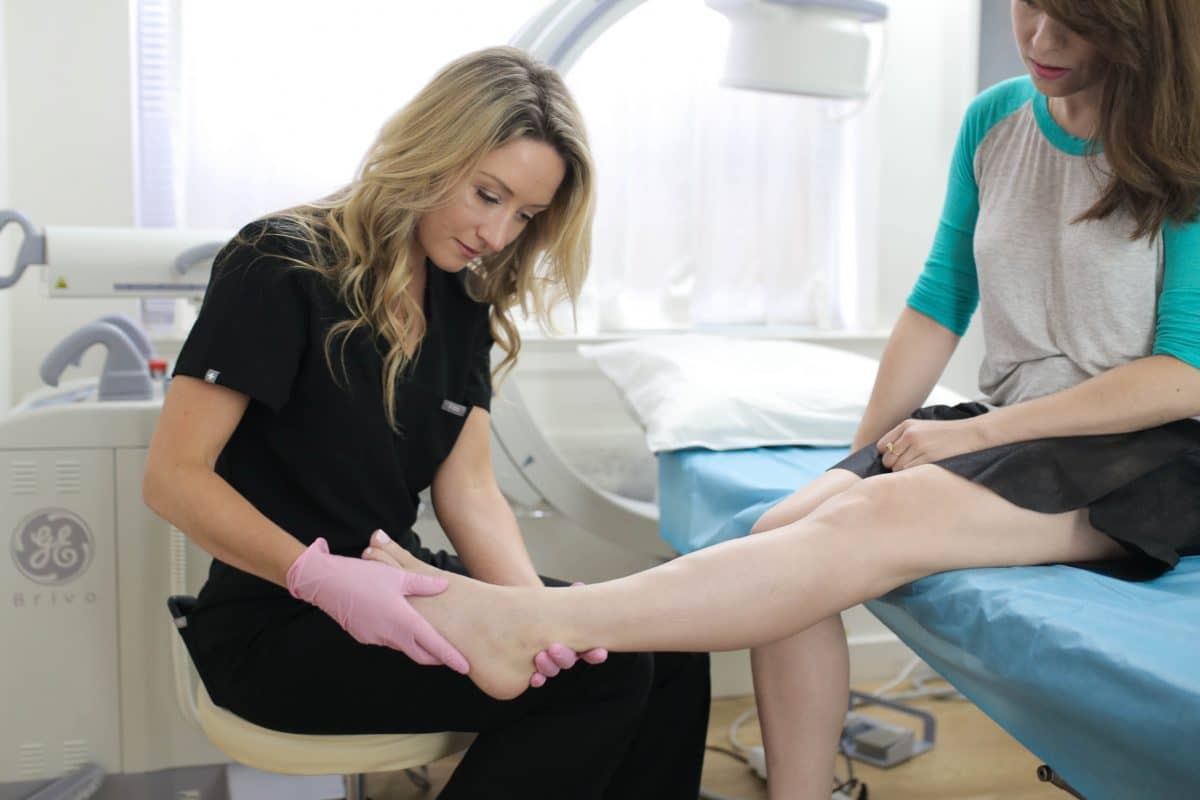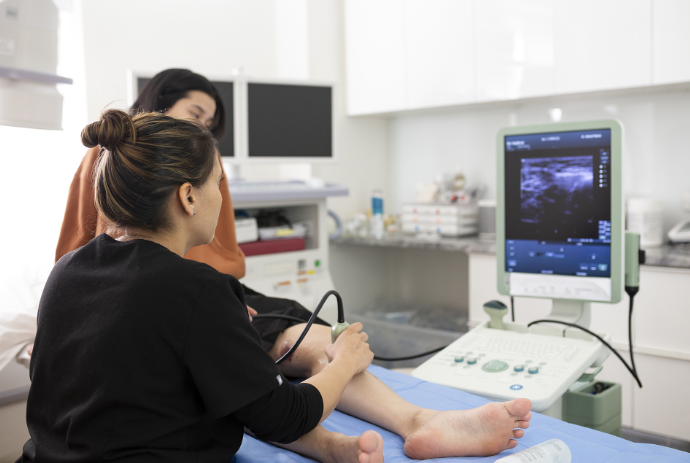For many people, varicose veins can be a dangerous issue. They may interfere with day-to-day activities and lead to specific health issues. Do you need treatment for varicose veins? Are varicose vein treatments covered by insurance? Are you interested in learning more about the choices?
This article will discuss every aspect of insurance coverage and provide information on the amount covered for treating varicose veins. Now, let's get started.
Varicose Veins: The Effect
Giant, twisted veins commonly found on the legs are called varicose veins. Weak vein walls and valves cause this disorder, which is frequently painful and might result in difficulties in certain situations.
Varicose veins can be caused by a few things, including:
- Age Inability to Move
- Consuming tobacco
- Gender Obesity Delivery
The following are typical signs of varicose veins:
- Leg pain or heaviness
- Skin discoloration and throbbing in the legs
- ankles or legs swelling
- Having itching in the veins

What Are My Prospects for Varicose Vein Treatment?
Varicose veins can be ministered in several ways. Depending on your condition, you can cure them with either self-care or surgery.
Self-care techniques primarily consist of several pain-reduction activities: regular exercise, weight control, leg elevation, food adjustments, and avoiding comprehensive periods of standing or sitting.
Another method for treating varicose veins is to use compression stockings. Your legs may feel pressure when wearing this.
Surgeons recommend surgery if all other treatments are unsuccessful. Sclerotherapy, laser treatment, phlebectomy, and radiofrequency treatment are examples of surgical techniques.
In addition, surgical techniques for treating varicose veins include vein stripping and ligation.
Insurance Protection Against Treatment of Varicose Veins
Do businesses provide insurance for the treatment of varicose veins? Yes, indeed! Insurance companies do pay for this kind of care. When done for medical purposes, all types of varicose vein surgery are covered by insurance policies.
They are as follows:
Severity of symptoms: If there is a lot of pain, edema, heaviness, or bleeding in the veins.
Quality of life: If a person's everyday activities are disrupted by their condition, it may impact their quality of life.
Issues: Should the illness be severe enough to cause patient-specific health issues? If there is a significant medical issue connected to it.
Self-care failure: If the patient has attempted self-care and natural treatments for varicose veins but the condition has yet to improve.
Many charges under health insurance programs typically cover varicose veins. It consists of:
- Pre- and post-hospitalization fees
- Surgeons' fees
- hospitalization
- Ambulance fees
- ICU fees
Submitting an insurance claim for the treatment of varicose veins requires specific requirements. We need your diagnosis and doctor's recommendations. Let's examine each of the prerequisites in more detail.

How Much Does Remedy for Varicose Veins Cost?
How Much Does Varicose Vein Treatment Cost? This is one of the most ordinary queries doctors receive. Many patients would like to know how much vein treatment costs without insurance and whether vein treatments are covered by insurance. Regretfully, you repeatedly have more queries than answers while using other online sites.
The many high-tech medical devices used in minimally invasive vein therapy may make the procedure seem pricey. Since insurance pays most, if not all, of the cost of medical vein therapies, an accurate price cannot be provided.
However, 97% of vein therapies are protected by insurance due to the medical advantages of vein antidotes. Thus, the actual cost to patients is significantly less.
Nonetheless, because vein treatment has so many health benefits, 97% of vein treatments are reimbursed by insurance. As a result, patients pay far less, if anything at all.
In summary
Varicose veins may occasionally result in specific issues, such as deep vein thrombosis, bleeding, ulceration, or blood clots. Varicose vein insurance coverage may vary depending on the severity of symptoms, how they affect the quality of life, complication rates, and self-care compliance.
You ought to carefully go over your insurance policy. Talk through everything in detail with your insurance company.